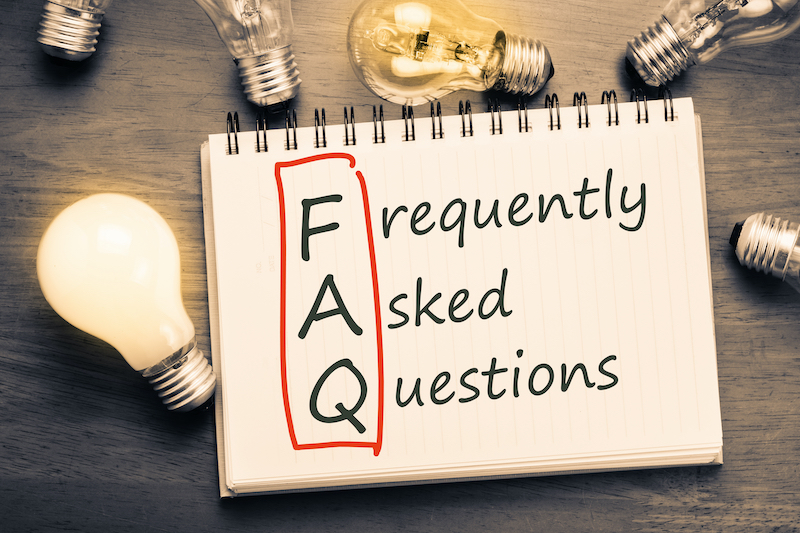


Coronavirus has dominated the social media and news landscapes recently. With so many people turning to Google to answer their burning questions, the home doctor experts at House Call Doctor have collated some FAQ’s.
Should I wear a facemask?
COVID-19 can be transmitted through the eyes, through tiny viral particles which can penetrate through masks and through physical touch, therefore face masks will not protect you from contracting the virus. If you have coronavirus, have recently travelled to a high-risk area or have been in contact with a confirmed case, it’s important to stay in isolation.
Who is most at risk?
The people most likely to be strongly affected by the coronavirus are the elderly or those with underlying health issues. People who don’t fall into this bracket will unlikely become critically ill from the disease. It is still important for young and healthy people to take the correct measures to report symptoms and follow quarantine instructions, as this will help in protecting the most vulnerable in society.
Should I be panic buying?
The coronavirus isn’t spreading widely in Australia yet, so it’s time to prepare but not to panic. Be smart with what you add to your trolley rather than panic buy.
How do I protect myself?
The best way to protect yourself from the coronavirus is by maintaining basic hygiene methods such as washing your hands frequently, covering your mouth when you cough, and staying away from people who are sick. If you are showing any signs of coronavirus, don’t panic and contact your GP or healthcare provider. Call ahead if you’re unsure or if you’ve recently returned from overseas.
How far away is a vaccine?
Scientists are currently working quickly to create a vaccine for COIVD-19. Vaccines in preclinical development are anywhere from a few months to a year away from clinical trials. Although the flu vaccine will not protect you from the coronavirus, it is important to still get it coming into flu season.
If a pandemic is declared, does that mean there is nothing more we can do to stop the spread?
Although this would mean the disease is more likely to spread, measures can still be taken to stop the spread. The World Health Organisation (WHO) has classified COVID-19 as a global health emergency but it is not a pandemic yet. WHO defines a pandemic as a worldwide spread of a new disease which is no longer controllable.




